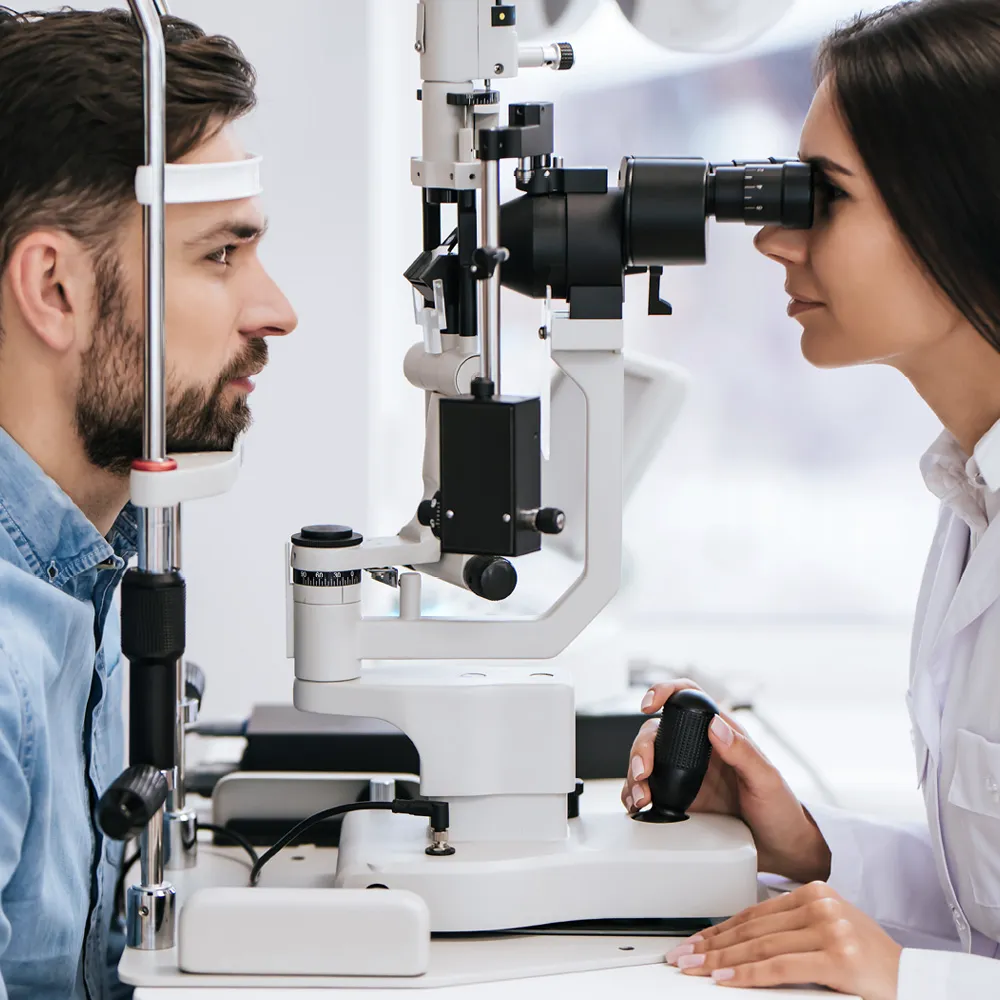
EyeCare Specialties of Ohio
Our board-certified eye doctors provide the highest quality of care performing everything from routine eye exams to diagnosing, treating, and managing eye diseases.
Find an Eye Doctor Near You
About EyeCare Specialties of Ohio
EyeCare Specialties of Ohio offers comprehensive eye care services and in-demand lenses and frames to Solon, Mentor, Perrysburg and surrounding communities. Click or call to connect, and access the quality of vision care you deserve. EyeCare Specialties of Ohio proudly serves our community and we want to help you achieve and maintain clear vision for years to come. Our experienced team of eye care professionals offers comprehensive eye exams, quality lenses, frames, and more. By leveraging advanced diagnostic technology, we are committed to improving the quality of life of our community through enhanced vision. Give yourself the gift of clear vision and call us today to book your eye exam or schedule online.

Find an Eye Doctor Near You
At EyeCare Specialties of Ohio we believe in using the latest technologies to aid us in doing everything comprehensively—right down to your basic eye exam.

